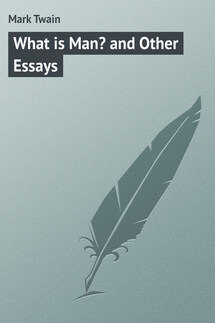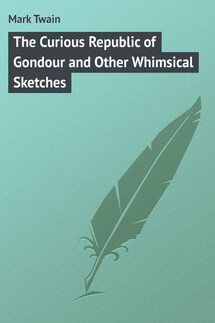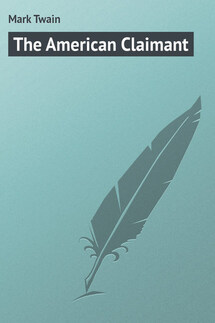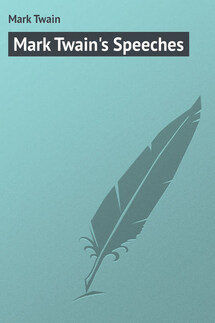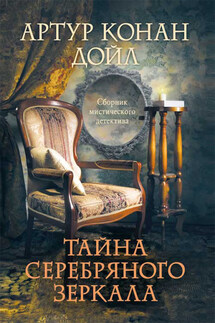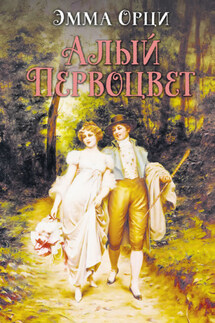A Tramp Abroad - страница 19
“Have you considered, sir, what would be the inevitable result of such a meeting as this?”
“Well, for instance, what would it be?”
“Bloodshed!”
“That’s about the size of it,” I said. “Now, if it is a fair question, what was your side proposing to shed?”
I had him there. He saw he had made a blunder, so he hastened to explain it away. He said he had spoken jestingly. Then he added that he and his principal would enjoy axes, and indeed prefer them, but such weapons were barred by the French code, and so I must change my proposal.
I walked the floor, turning the thing over in my mind, and finally it occurred to me that Gatling-guns at fifteen paces would be a likely way to get a verdict on the field of honor. So I framed this idea into a proposition.
But it was not accepted. The code was in the way again. I proposed rifles; then double-barreled shotguns; then Colt’s navy revolvers. These being all rejected, I reflected awhile, and sarcastically suggested brickbats at three-quarters of a mile. I always hate to fool away a humorous thing on a person who has no perception of humor; and it filled me with bitterness when this man went soberly away to submit the last proposition to his principal.
He came back presently and said his principal was charmed with the idea of brickbats at three-quarters of a mile, but must decline on account of the danger to disinterested parties passing between them. Then I said:
“Well, I am at the end of my string, now. Perhaps you would be good enough to suggest a weapon? Perhaps you have even had one in your mind all the time?”
His countenance brightened, and he said with alacrity:
“Oh, without doubt, monsieur!”
So he fell to hunting in his pockets – pocket after pocket, and he had plenty of them – muttering all the while, “Now, what could I have done with them?”
At last he was successful. He fished out of his vest pocket a couple of little things which I carried to the light and ascertained to be pistols. They were single-barreled and silver-mounted, and very dainty and pretty. I was not able to speak for emotion. I silently hung one of them on my watch-chain, and returned the other. My companion in crime now unrolled a postage-stamp containing several cartridges, and gave me one of them. I asked if he meant to signify by this that our men were to be allowed but one shot apiece. He replied that the French code permitted no more. I then begged him to go and suggest a distance, for my mind was growing weak and confused under the strain which had been put upon it. He named sixty-five yards. I nearly lost my patience. I said:
“Sixty-five yards, with these instruments? Squirt-guns would be deadlier at fifty. Consider, my friend, you and I are banded together to destroy life, not make it eternal.”
But with all my persuasions, all my arguments, I was only able to get him to reduce the distance to thirty-five yards; and even this concession he made with reluctance, and said with a sigh, “I wash my hands of this slaughter; on your head be it.”
There was nothing for me but to go home to my old lion-heart and tell my humiliating story. When I entered, M. Gambetta was laying his last lock of hair upon the altar. He sprang toward me, exclaiming:
“You have made the fatal arrangements – I see it in your eye!”
“I have.”
His face paled a trifle, and he leaned upon the table for support. He breathed thick and heavily for a moment or two, so tumultuous were his feelings; then he hoarsely whispered:
